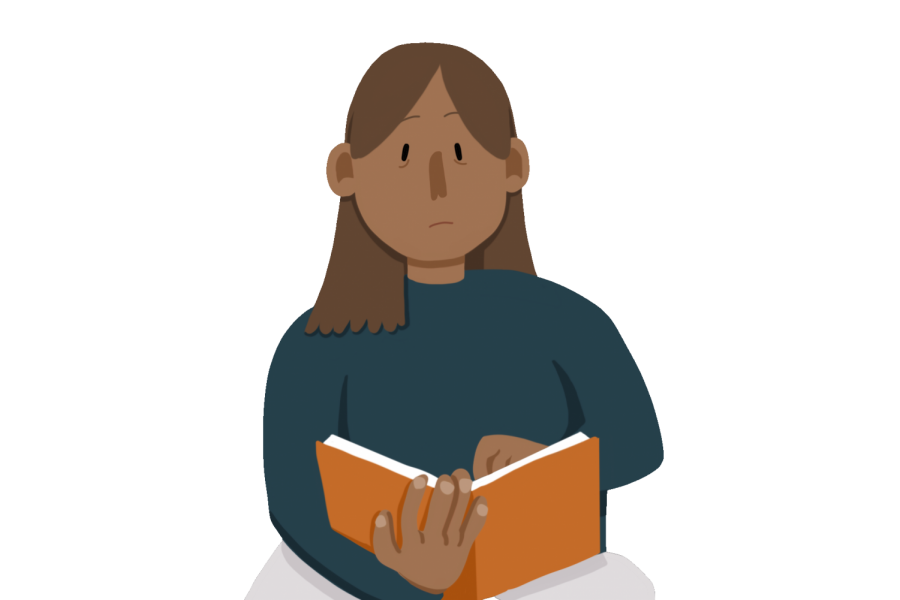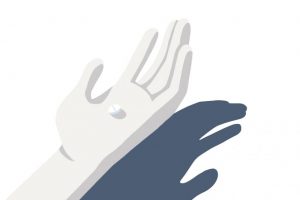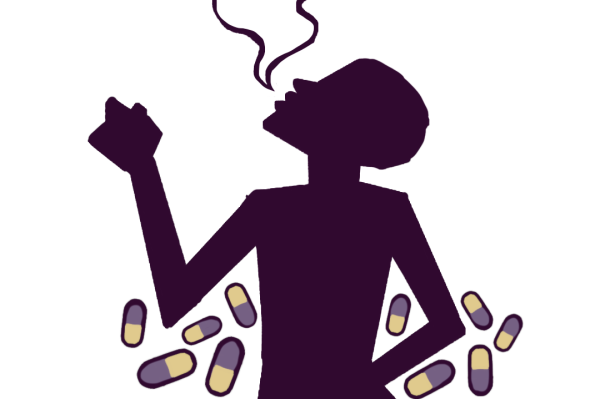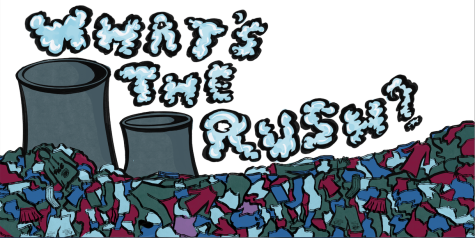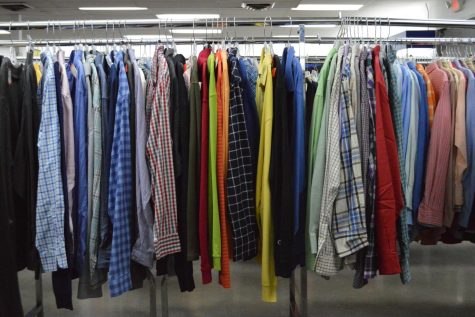The depiction of addiction
“We get students to see that initially addiction starts out as a choice, but later becomes a disease of the brain.”
Sleep deprivation, low energy and harsh mood swings are characteristics often associated with teenagers. According to the Centers for Disease Control and Prevention (CDC), the United States saw a 2.4 percent increase for teenage opioid overdose from 2014-2015. Due to this, KHS health teachers have stressed the importance of healthy decision making from early on, according to Craig Dickinson, health teacher.
Over 79 days in a semester-long health course, students learn a variety of topics from nutrition to sexual assault. The class is required for all students to graduate. One of the main focuses within the class is drug addiction, which classes spend roughly four weeks studying.
“We approach [teaching about opioid addiction] in different ways,” Dickinson said. “We get students to see that initially addiction starts out as a choice, but later becomes a disease of the brain. After that, we get into informing them about heroin by inviting guest speakers from BJC [HealthCare] who give good information about prescription drugs and opioids.”
According to Dickinson, learning about opioids in high school is the first time some students have received education on this topic. Dickinson said schools should educate students on the dangers of addiction throughout their curriculum, starting at an earlier age.
“Some of my health classes have 11th and 12th graders,” Dickinson said. “If that’s the first time they are learning about the dangers of heroin, they have probably made some [drug related] decisions in the past.”
Many school districts, such as Ladue, Valley Park and Pattonville, offer resources like the Drug Abuse Resistance Education (D.A.R.E.) or introductory health courses. According to reporter, CNN, students should begin to be educated on drug abuse during their middle and high school years, but Dickinson disagrees.
“The earlier [the education], the better,” Dickinson said. “If we, as adults, don’t provide kids with the information they need, they’ll resort to the internet where they can find bad information. [We should start informing kids on the dangers of opioids] around upper elementary school, like third grade.”
Dickinson said a crucial part of recognizing if a student is an addict or not is by observing their actions and looking for signs that reference abuse. Rachel Cosic, sophomore grade level counselor, said it is essential for people to be educated on these warnings.
“If a student is on heroin, then the parents and kid have usually already told us when it gets that bad,” Cosic said. “In the early stages, [we usually find out from] a lot of signs that the student is unhealthy, such as their grades dropping, problems at home or if attendance is an issue.”
Cosic said Health is one of the most important classes a student can take. She said the class should be as extensive and thorough as possible.
“I think Health should be at least a year long or that students have to take it their freshman and junior year,” Cosic said. “It needs to be something more than just a one semester thing you can do online.”
Along with general health courses, KHS hosts assemblies and speakers regarding drug abuse and prevention. Robert Riley, speaker and former addict, speaks to each freshman class at KHS to inform them on how to cope with and prevent drug addiction.
“I think [schools should be] teaching kids what the dangers are, not scaring them,” Riley said. “[They should be] giving them the information to make better choices for themselves.”
According to Riley, opioid addiction is a crisis that must be handled delicately. He said he agrees, along with Dickinson, that opioid addiction is a disease, not a choice.
“We need to stop looking at this as a moral failing, and start looking at this as a medical condition,” Riley said. “We need to approach [someone struggling with addiction] with love and compassion and get them the help they need.”
On average, Riley said he receives 50 to 60 messages per day regarding drug use. Riley has traveled to 25 schools and believes drug abuse must be taught at an earlier age.
“I mean, what age do children see their parents drinking [alcohol] at the dinner table? [Health classes] need to change the direction of their curriculum,” Riley said. “They should be teaching drug abuse at a much earlier age and change their philosophy from ‘just say no’ to ‘just know.’”
Your donation will support the student journalists of Kirkwood High School. Your contribution will allow us to purchase equipment and cover our annual website hosting costs.
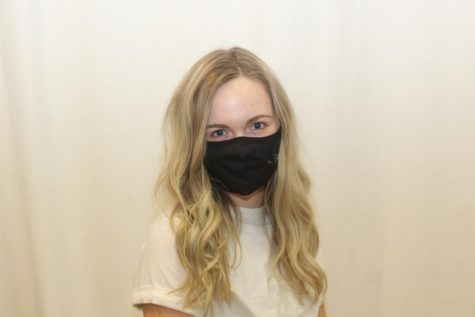
she/her
Favorite musical artist: Post Malone
Favorite quote: "Yeah, you pulled an all nighter. An all nighter in bed." - Tom Mueller
Favorite...


